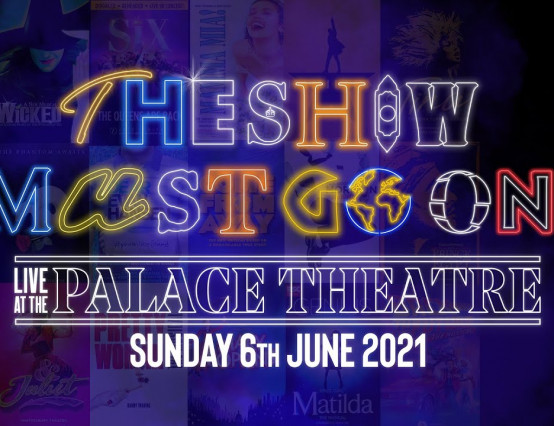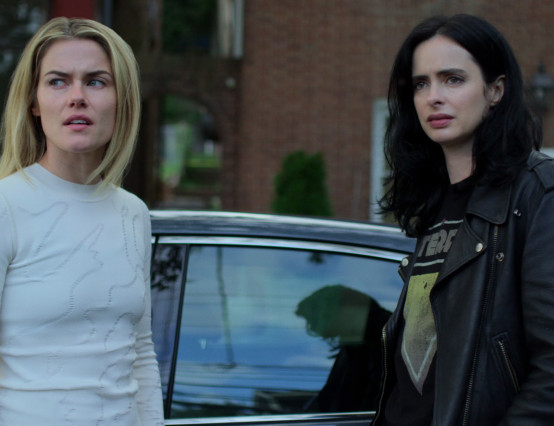I usually work as a workshop leader and creative facilitator. This means I run workshops in creative activities such as visual arts, photography or theatre as part of a non-formal education. These can be drop-in or pre-booked, but either way the job heavily relies upon face-to-face teaching in public environments, usually within a community, gallery or school setting. As you can imagine, with the schools, galleries and arts venues all having to close, this leaves a large gap in my portfolio of work. Indeed, I had five workshops planned in the next two weeks, all of which I have had to cancel. My situation isn’t unique though, as self-employed creatives everywhere are seeing contracts cancelled and work dry up.
Yet, with the sector brimming with creative thinkers, a lot of self-employed freelancers have already started to think outside the box . Some are offering online tutorials via video conferencing and YouTube, or how-to’s using blogging or newsletters. Others are using social media to share workshop skills, art techniques and to continue sharing creativity, such as the Young Producers are with their #isolationcreationchallenge.
This is a great use of their creative skills and the free time on their hands to connect people and encourage arts and creative learning. It also encourages mental well-being by keeping your mind busy and active. It’s a wonderful thing to spread connections, build community, develop a love for the arts and share how important they are – and demonstrate how powerful making and creating something can be in times of uncertainty and difficulty.
Yet, for all the social good it’s doing, these activities are unlikely to wield an income for self-employed individuals. Whilst it can be argued there are ways to do this – such as income-making blogging, vlogging and video tutorials – the reality is that to be able to use these tools effectively it would require training and expertise in the first place, and as such is not something that can be quickly pivoted to if you’re generally used to in-person contact.
Crafting an income
I also work as a crafts maker and an artist (What’s that, a link to my store? Sure!). I draw and illustrate animals, flowers and botanical designs which are then sold on products I hand-make myself at craft markets, in retail stores, and online. The past few weeks I have slowly but surely received messages from the market organisers, reluctantly (but rightly) cancelling or postponing these social events.
The knock on effect is that artists can end up with surplus stock that's been hand-made, but can no longer be sold. For example, it's spring, it's Easter, and its Mothers Day all at once, and craft makers will have worked in advance to have stock to sell – buying in raw materials and dedicating time to creating – but with the markets unexpectedly cancelled, the retail shops closing, and in-person selling opportunities dwindling, it leaves makers with product ranges that cannot be sold any other time of year.
There are positive outcomes of having additional time at home. The isolation does mean that I can get ahead on designing and making products for future seasons. For example, now is the prime time to begin working on Christmas products – giving you an idea of the lead time for craft makers! A lot of artists are taking to social media to spread community encouragement and to support each other, as well as to take part in artistic creative challenges. Similarly they are pushing online sales on platforms like Etsy, or promoting that they are available for commissions or custom projects that can be delivered through the mail.
That said, I’m also worried that with shops closing it’s going to get harder to actually acquire the supplies we need to even make products!
Picture this!
I also work as an events photographer, and there is definitely no work there right now. The government guidelines and restrictions are such that, for now, that part of my self-employed sole-trader life is lying dormant. I can’t photograph events if there are none to photograph. I have also had to abruptly cancel my exhibition of documentary photography which was happening throughout March, and it's safe to say I’m not the only artist cancelling an exhibition right now. However, in recent years there have been moves to set up digital galleries online as a means to share creative work, something which Voice itself is currently setting up.
Self-employed incomes have plummeted overnight, and the self-employed have been left completely in the lurch with no obvious revenue streams or solutions. In terms of financial support, I haven’t managed to find any that specifically supports the self-employed freelancers or the sole trader in the creative industries. The government has just introduced measures to help employees and businesses, but self-employed individuals do not fall into this category. Instead they are being told by the government to apply for benefits in the form of Universal Credit, which is having its low-income ceiling lifted, but this does little to provide financial security to self-employed who are experiencing a huge loss of work and income.
Universal Credit only offers £94 a week to self-employed individuals, whereas those on PAYE are being offered 80% of their salary. The lack of support for self-employed individuals is appalling, and means many will struggle to pay their bills, their rent, and their living costs. Universal credit will only happen once your business has collapsed, your self employed career is ruined, any savings you might have are spent, any money put aside for tax, equipment or venue hire has gone, and when you are left almost to your last penny. Only then will you actually be eligible for support.
It’s also worth adding that simply telling self-employed to apply for universal credit is a fairly ablest and – dare I say – arrogant approach. By guaranteeing employees 80% of their earnings, while offering such a meager amount to self-employed people means the Government either assumes that 80% of a self-employed person’s income comes to just £94 a week, or that they will somehow be able to make do better than everyone else – a grossly incorrect and frankly callous calculation on their part. It’s assumed that the universal credit will match the earnings they had while self-employed, or that this money will cover what they need to survive, whereas it is unlikely to even begin to scratch the surface – particularly in more expensive areas such as London.
The standard recommended amount for a self-employed artist freelancer by Artist Newsletter is anywhere between £176 to £325 per day, depending on your experience and expenditure per annum. £90 a week pays for just half a day's worth of work a week, and that’s the minimum that artists should be charging – which is ridiculous seeing as the self-employed often end up working more than the average 9-5 weekday hours! Furthermore, benefits rely on you being single and self-supporting; if your partner or spouse is still in paid employment or you live with your parents then you have no chance.
The Government’s current approach relies on people in the arts having support networks or people to fall back on, which is not always the case. It relies on them not having mortgages, or dependents. It basically assumes that those who are self-employed in the arts are coming from a wealthy background, and have financial security to fall back on, but that is certainly not true for everyone. It’s no wonder there are so few working-class artists when this is the danger they face.
In a sector that is increasingly trying to promote a diverse workforce, this feels like a huge leap backwards. The ironic thing is that the general public rely on the arts to fill this extended period of time at home. Films, TV shows, books, visual art, radio, creative activities and reading are just a few of the pastimes that simply wouldn't be available without the disproportionate work of self-employed creatives.
This callous approach to providing creative support is just one more nail in the coffin towards the destruction of the arts and the creative industries and the death of the self-employed career.









0 Comments